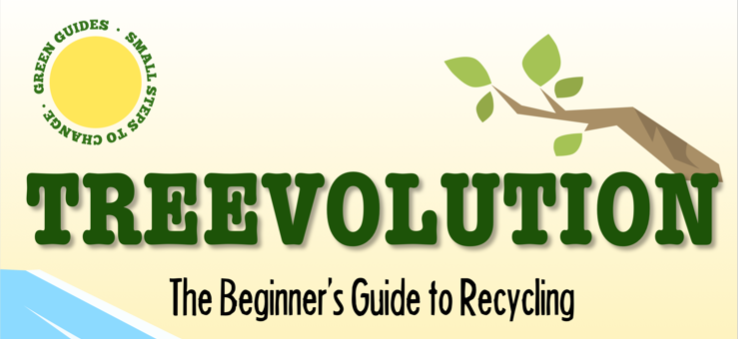Photo by Sigmund on Unsplash
4 good reasons to recycle
Did you know that it takes just 19 plastic bottles to be turned into enough fibre filling for a standard pillow? We share four facts about recycling that show it is much more than a waste of time.
- Every tonne of recycled paper saves 17 trees and uses 40% less energy, and 50% less water.
- Glass is 100% recyclable but it does not biodegrade. The raw materials for glass – sand, soda and lime – all have to be dug from the Earth and melted together at very high temperatures. The energy saved from recycling just one bottle will power a 100-watt light bulb for four hours.
- Cans are 100% recyclable. They are melted down to make new steel. This reduces the need to mine new iron ore and saves on the energy used to mine and process it.
- A total of 2.1-billion PET bottles were recovered for recycling in 2021 alone. It takes just 19 500ml PET bottles to be recycled into enough fibre filling for a standard pillow.
There’s a lot more you can do before you get to the point of having to recycle something. Here are just a few ideas on how to lessen your waste from the get-go:
- The first step is to try to reduce the amount you consume. If you don’t need it, don’t buy it – and you’ll reduce the amount of waste you generate.
- When you do buy something, choose a brand that has the least amount of packaging or the kind that can be reused, recycled or composted. And look for products that are as Earth-friendly as possible.
- Choose products that are made from recycled material. If there’s a demand for recycled plastic products, more plastic will be recycled and less will end up in landfill or polluting the oceans. Also less virgin material will have to be mined or grown. Remember, what you buy influences what’s made.
- Before you throw something away, first think if there’s any way it can be reused. Can you grow seedlings in it or use it to hold paper clips or wrap a birthday present? Can it be given to a charity shop or a children’s home? We’ve been living in a disposable culture for so long that we sometimes forget to ask these kinds of questions.

